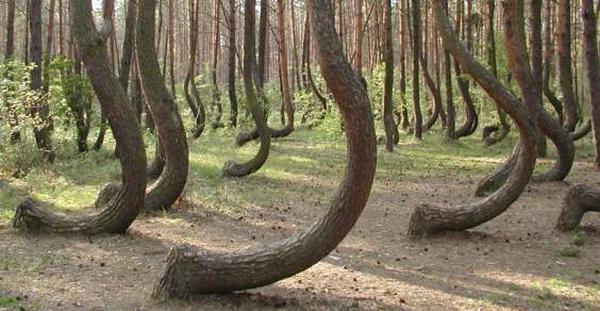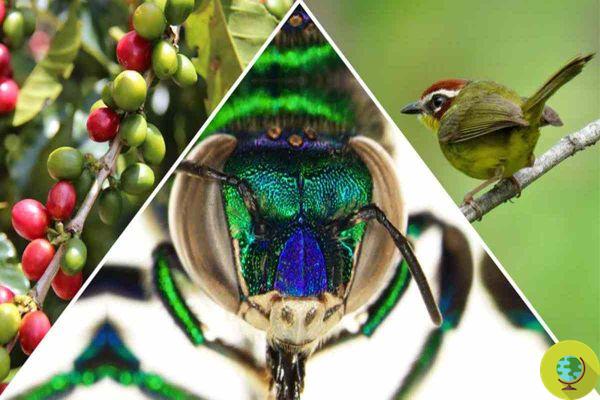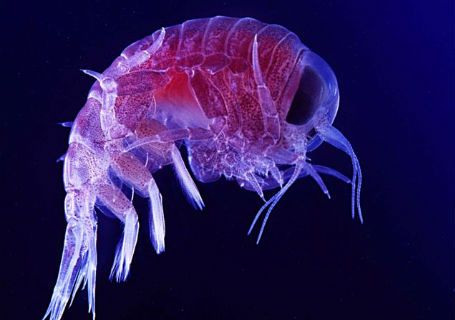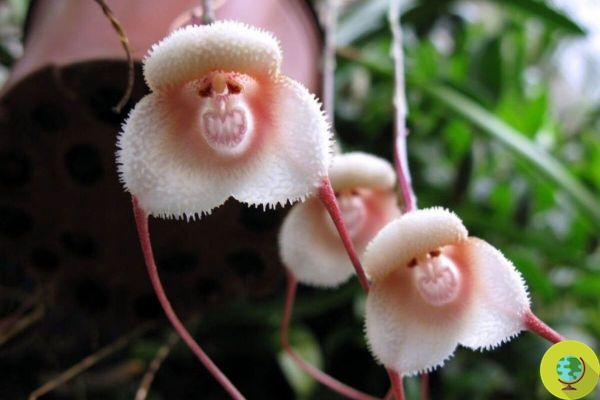
Plants may not have ears, but this does not prevent noises from damaging them, even severely
He is about to end up run over, his mother saves himPlants may not have ears, but this does not prevent (man-made) noises from damaging them, even severely.
From the hum of ship thrusters to drills that dig for oil to the sonars used to plumb the seabed, humans have created a veritable cacophony in the sea. If so far scientists have focused on the damage that all this noise pollution inflicts on marine animals (fish, whales, scallops and dolphins), now a new study has shown that the devastating effect of noises in the sea is not limited to animals, but also afflicts plants.
A study conducted by the Polytechnic University of Catalonia, Spain, showed how sea posidonia (an aquatic plant native to the Mediterranean Sea) experiences significant 'acoustic' damage if exposed to low frequency artificial sounds for even just two hours. The damage is particularly evident in those parts of the plant responsible for energy reserves.
This study revolutionizes our approach to noise pollution and our point of view on the problem - explain the Catalan researchers. - So far, our research has focused mainly on whales and dolphins, animals with very sensitive hearing that use their own language to mate, look for food and move in the sea. But there are thousands of other marine animals suffering from human-caused noise pollution, and the effects on these animals have not yet been clearly studied.
(Read also: Noise pollution causes 12 thousand premature deaths a year in Europe alone)
In the Catalan experiment, the researchers used a loudspeaker to 'stimulate' the posidonia with a sequence of artificial sounds with a frequency between 50 and 400 Hertz (the typical range of sounds associated with human activities). After two hours of exposing the plants to these noises, the researchers used electron microscopes to examine the amyloplasts (or the 'organelles' used to store glucose) present inside the plants. An acute damage to the energy reserves of the posidonia emerged, and the damage worsened further in the following five days: the levels of starch inside the plant's amyloplasts dropped drastically; also the symbiotic fungus that colonizes the roots of posidonia is affected by this energy drop and is itself damaged.
If sound affects starch reserves, the researchers continue, then the plant's metabolism changes. And this could affect the role plants play in their ecosystem. Furthermore, there is no reason not to think that other plants also suffer the same trauma if they are stimulated on an acoustic level.
Follow us on Telegram | Instagram | Facebook | TikTok | Youtube
Fonte: Communications Biology
We also recommend:
- Noise pollution reduces the cognitive performance of birds. This was revealed by a recent scientific study
- How to fight noise pollution (and why limit the use of headphones for music)
- Less lighting and more trees instead of concrete: so cities can save migratory birds


























